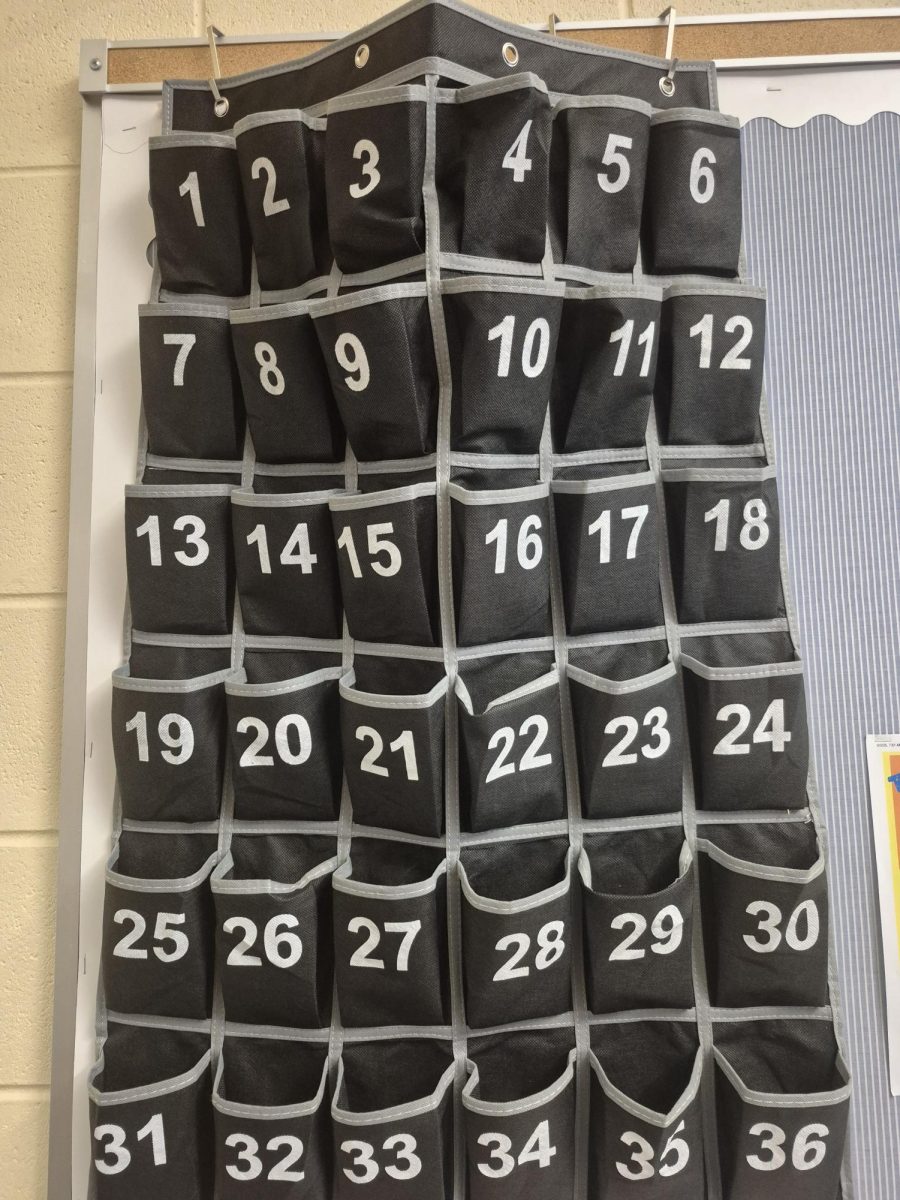A week ago, I found myself in the same mess many other teenagers in this generation find themselves in: I was always on my phone. I used it as a “gap-filler” in the boring parts of my life, like during class, at home when I’m not doing anything, or even during practice. I was on my phone way too much, sometimes to the point where I would go on my phone when someone was talking to me and I would zone them out.
Sadly, in our generation, this has become the truth for the majority of us. I have been in the other person’s shoes — far too often — talking to someone who, all of the sudden, whips out his or her phone mid conversation and zones me out. Once I came to the realization that I do that way too much to my friends and family, I decided I needed to detox. This seven-day process worked wonders and helped me break my bad habits
There are two detox programs to help break bad habits. Both have the same idea, but one involves only social media and the other involves the entire phone. To get the full benefits, I did my entire phone.
Day 1: Unfollow anyone you don’t know or don’t make contact with anymore. Delete all unneeded emails, photos, messages, apps, and music you don’t use anymore.
This day wasn’t too challenging. It was very easy to unfollow people and delete unneeded things off of my phone; however, the process was extremely time-consuming. It took me about an hour and a half to sift through the majority of my 1,579 emails, my 766 photos, and 524 songs.
Day 2: Avoid going on your phone (or social media) until 9 AM. Setting an alarm is fine, but do not unlock your phone until 9 AM.
Luckily for me, this day was on a weekend so I didn’t wake up until 9:30.
Day 3: Avoid going on your phone (or social media) until after 1:00 PM.
This day was rather hard. One, I am addicted to my phone and avoiding it is extremely hard to not use your phone for more than 30 minutes. Two, I had to make plans for that day and that is hard to do when you don’t have your phone with your friends’ phone numbers in it. One thing it did help with, however, is proving how addicted I was to my phone.
Day 4: Avoid going on your phone (or social media) until 6:00 PM.
I thought avoiding my phone for four hours was hard. Going basically the whole day without my phone was almost a little painful. Additionally, I had a dry day of classes and resisting the urge to go on my phone was even more of a struggle. In my AP Chemistry class, we had a worksheet to complete in 20 minutes but it only took 10. I actually pulled my phone out and was two digits into my passcode when I remembered the guideline I had to follow. I then decided to recheck my work which took the remaining 10 minutes. Avoiding my phone led me to a more responsible decision in class and I actually caught a few mistakes.
Day 5: Only have a maximum of three tabs open for the whole day.
This day isn’t too bad. I don’t use an excessive amount of tabs like some people do. I generally like to stay caught up with politics and the Republican party. I generally have a tab open that has Kasich’s news or recent polls. However, there came a point at around 4:30 when I had a Kasich tab, a Rafael Nadal tab (yes I keep tabs on tennis players), and a Google Classroom tab all open at the same time. I had to open just one more tab but I had already reached my limit.
Day 6: Only have one tab open the entire day.
Even though I don’t use a lot of tabs, one tab was pretty challenging. I had to close my Kasich tab and pick the most important things to have a tab on. I was trying to study for AP Calculus and fix mistakes I made on a Free Response. I had the tab open that gave me extra notes but I also needed a tab for the Free Response score sheet. Instead of having both tabs open, I had to close out of the notes and fix my mistakes on my Free Response.
Day 7: Go the whole day without using your phone (or social media).
Even though I had to refrain from making contact with my friends, I found I had much more time. I was proactive and didn’t hesitate to do my homework. Instead of using my phone as a “gap-filler” in my life, I used other activities like studying, talking to friends and family, and, believe it or not, cleaning to fill the gaps.
At the end of the last day, I actually felt relieved and a little better about myself. I wasn’t being rude during a conversation and going on my phone. I hardly procrastinated and I talked to my family members more extensively and deeply. Not only did I feel better about not needing to check my phone, but I also felt better about how I acted around my friends and family.






